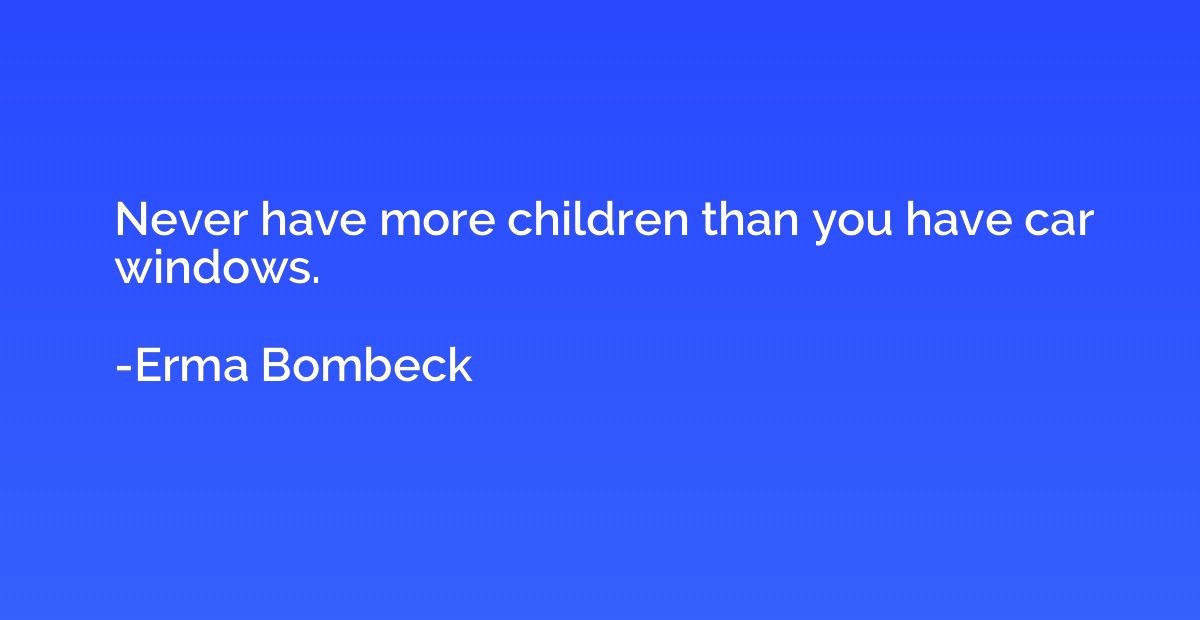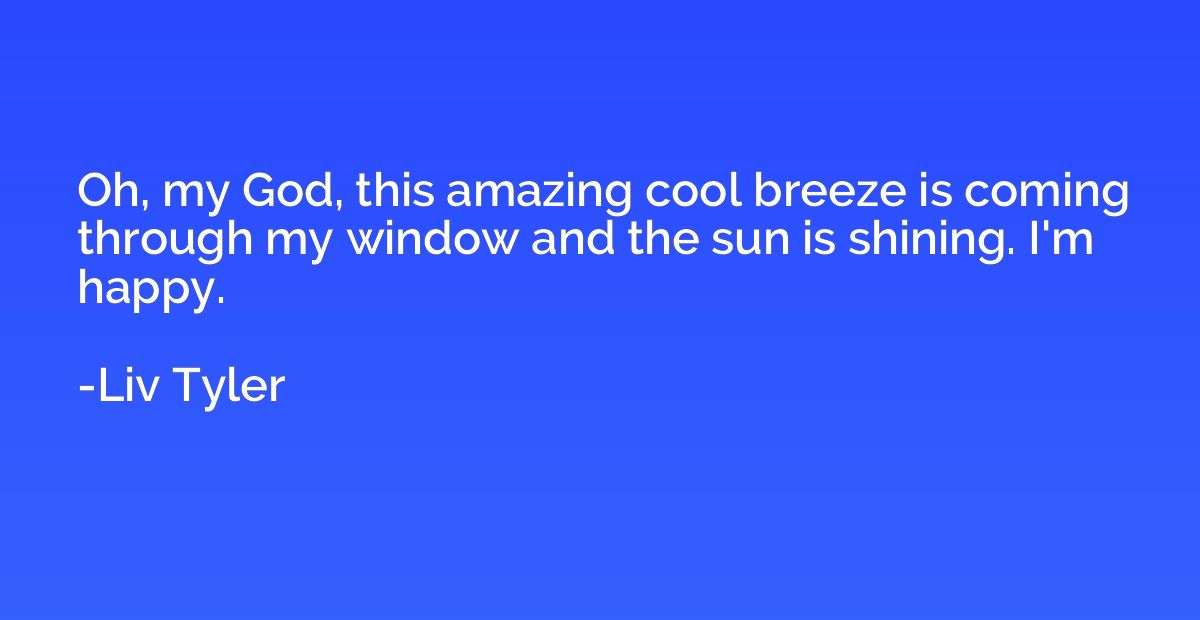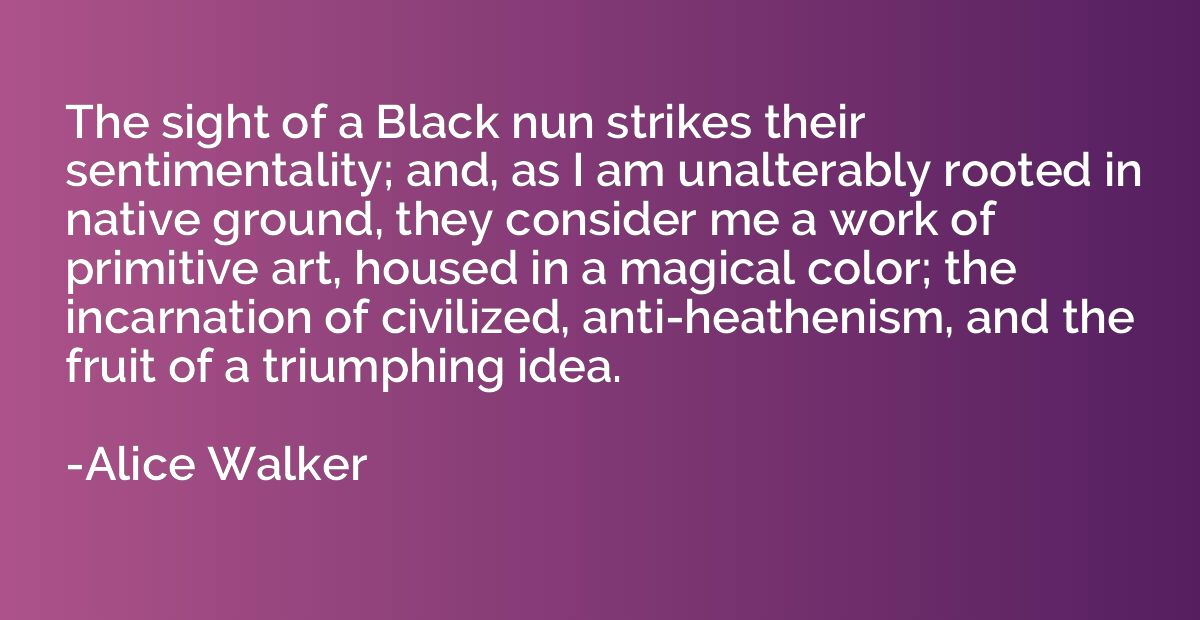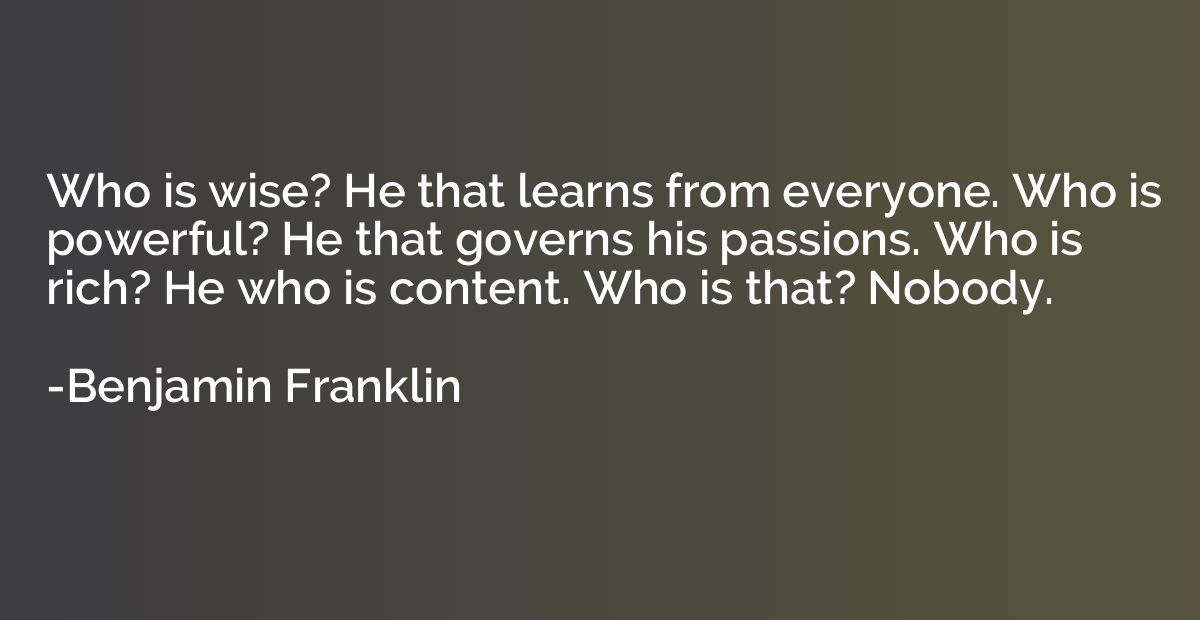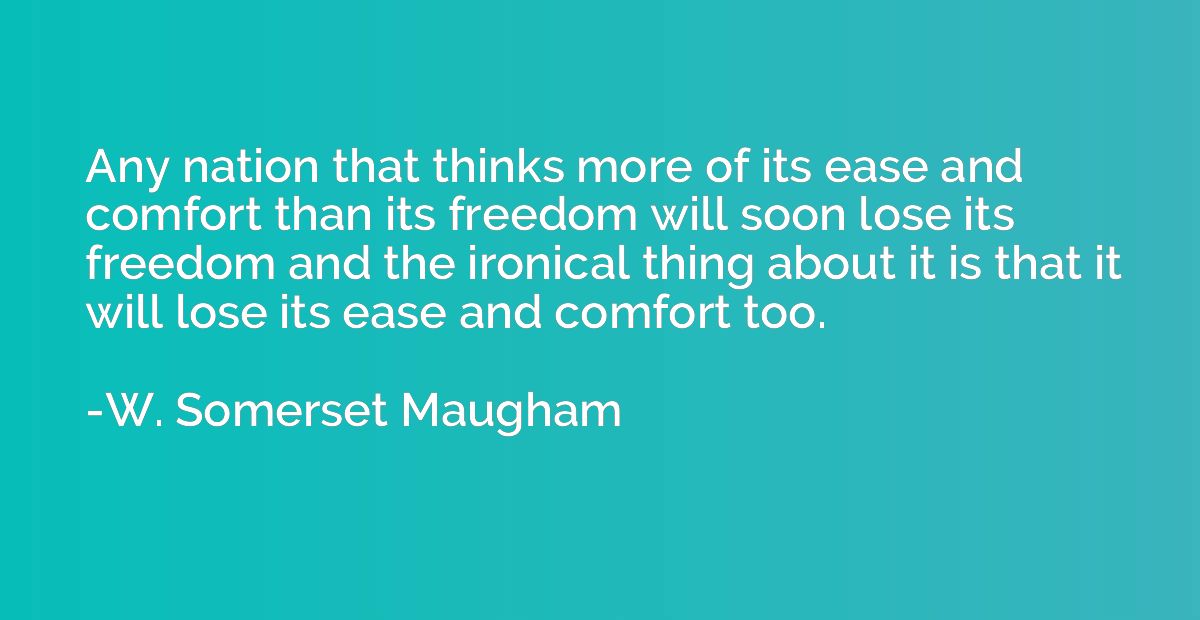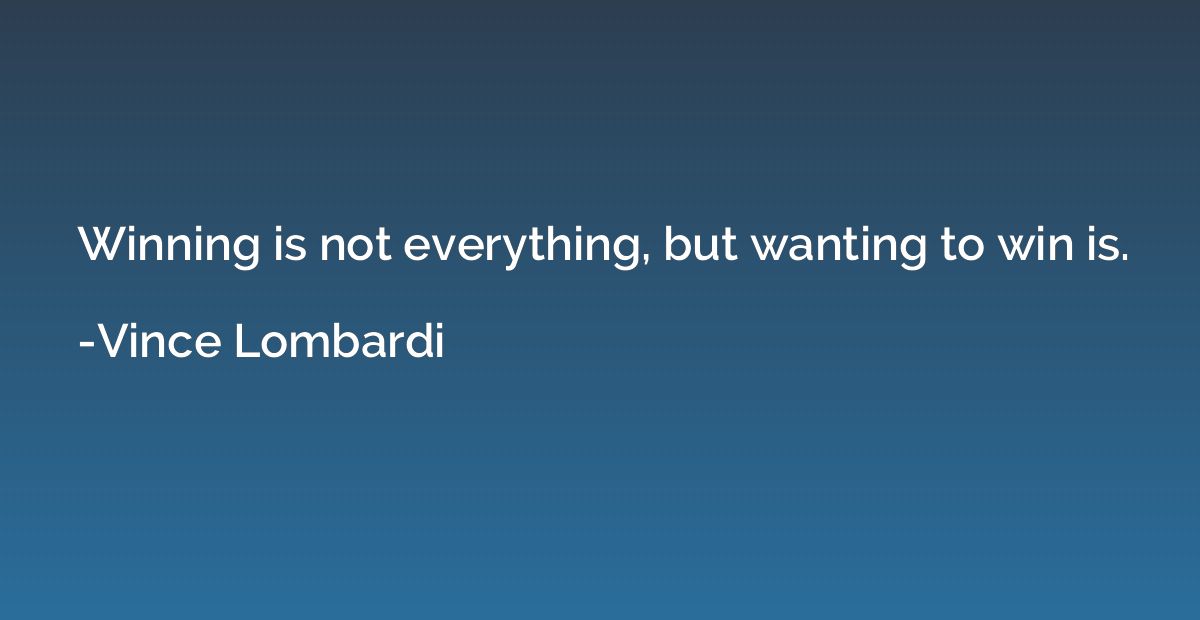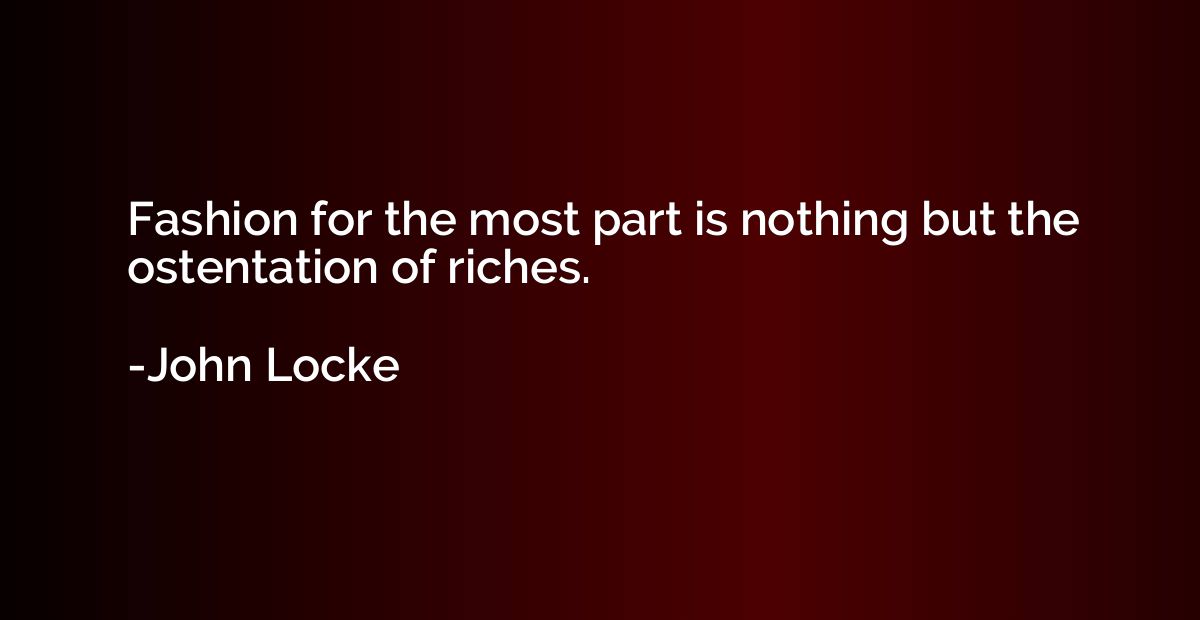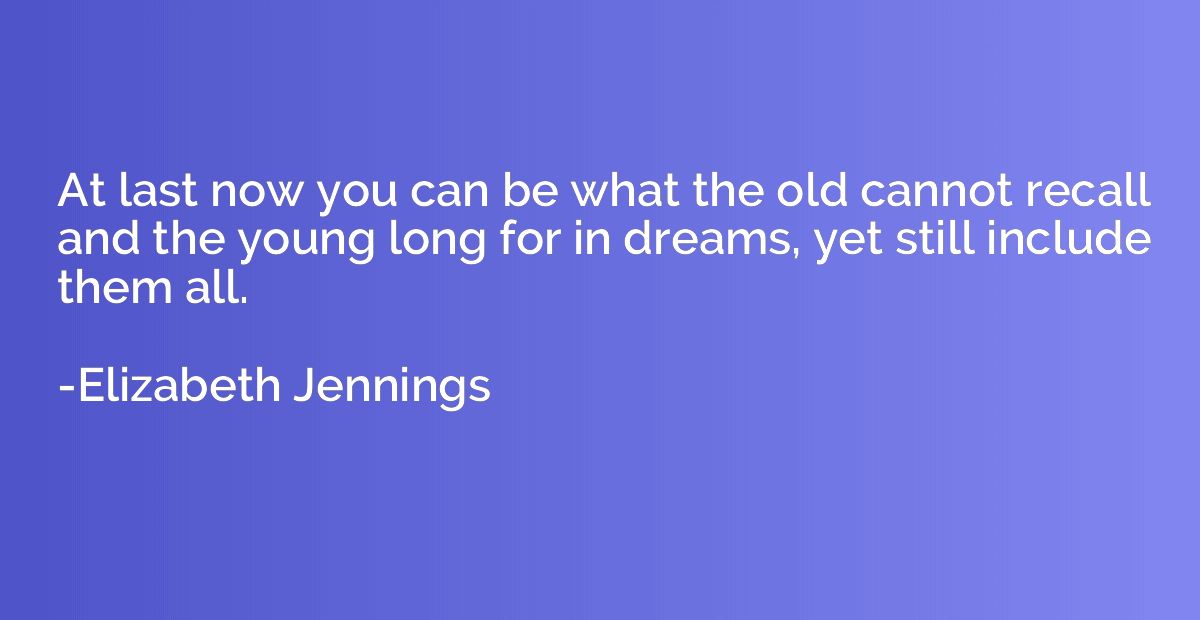Summary
This quote is a humorous way of suggesting that one should not have more children than they can comfortably or safely accommodate in a vehicle. It implies that when it comes to family size, practical considerations such as transportation should be taken into account. The quote serves as a lighthearted reminder to make informed decisions about family planning and to prioritize the well-being and convenience of all family members.
Topics
Car
By Erma Bombeck
